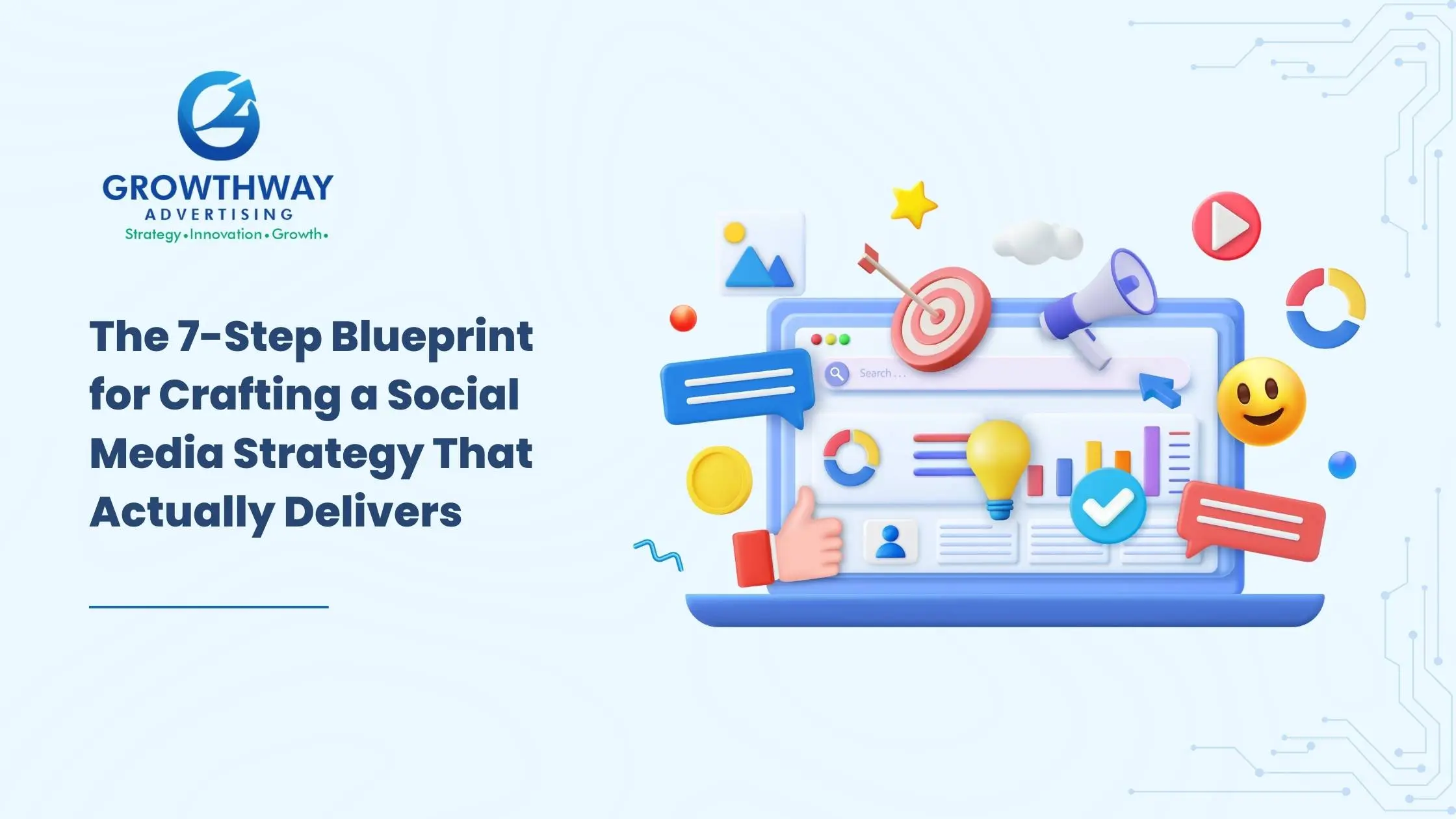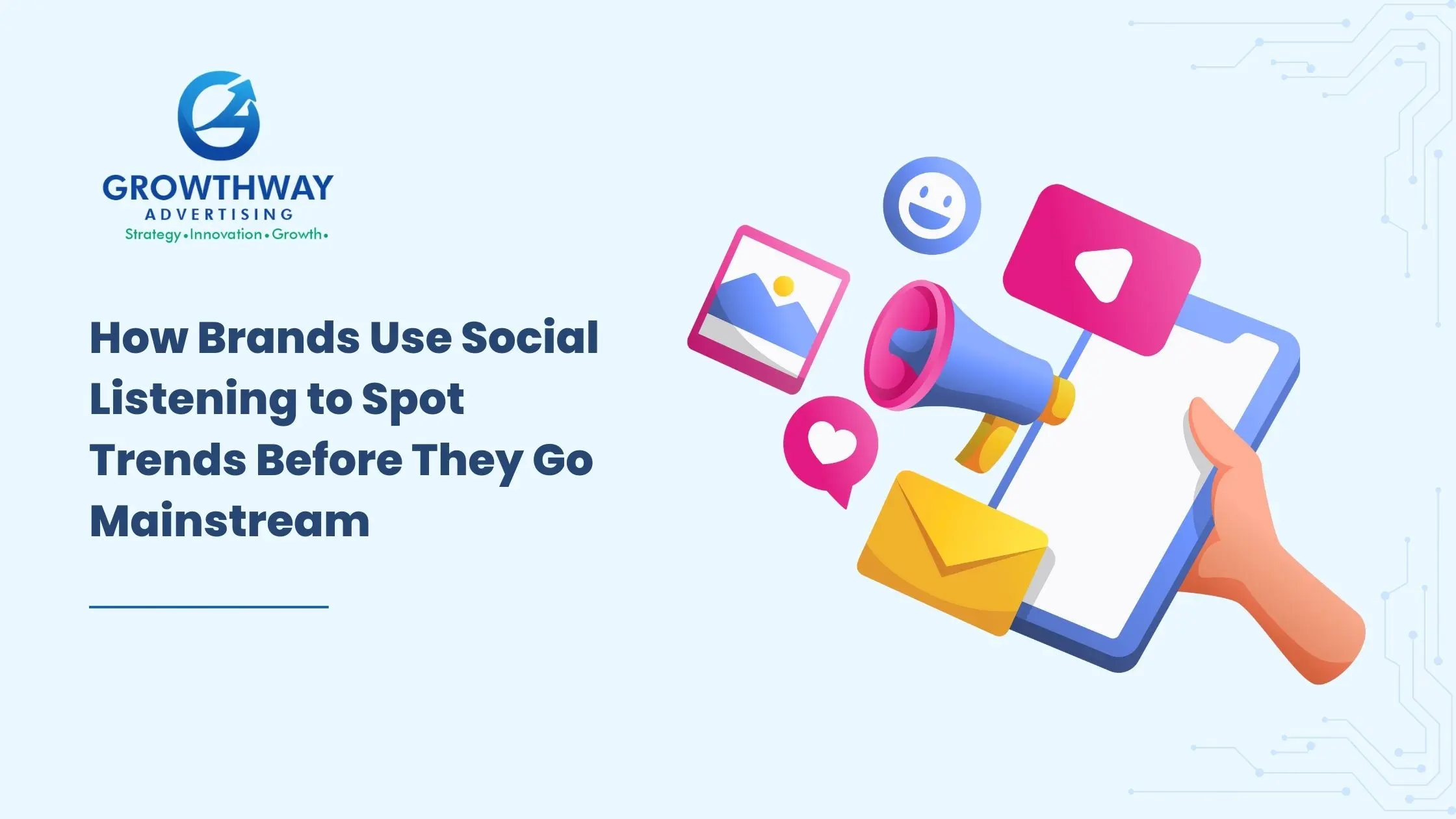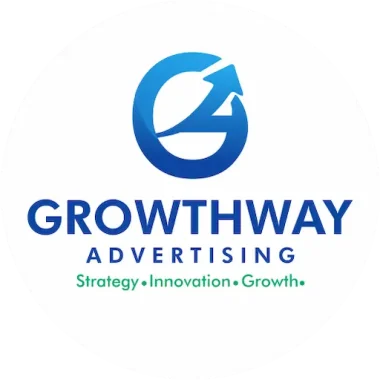In this digital first world, companies face growing pressure to have a great, consistent social media market presence. Social media is a topic that every company should consider how it wants to approach it, even a small business to a large corporation can heavily affect online brand success. Whether the business should develop an in-house social media team or outsource the process to a social media marketing agency is probably one of the most common dilemmas which businesses have to put up with. The big question is really which one is more effective?
The Case for In-House Social Media Teams
In-house social media management allows businesses to maintain full control over their social media presence. Here’s why some companies prefer this route:
- Brand Consistency and Voice
In-house teams often have a deeper understanding of the brand’s mission, values, and culture. This allows them to communicate a consistent and authentic message across all social media platforms. The familiarity with the brand ensures that the tone of voice is aligned with the company’s identity. This level of brand consistency is difficult to maintain with outsourced teams, where the alignment can sometimes feel off, especially if there’s a lack of direct collaboration.
- Real-Time Adjustments and Immediate Response
In-house team is able to respond to trends in Social media, customer suggestions, or brand crises, in real-time. Along with the day-to-day control of the running of the social channels, your team will have the ability to change something on the fly, whether it is something new like a promotion or a strategy shift, depending upon a change of consumer behavior. As an example, when a customer issues a complaint or when there is an urgent requirement of a social media ad campaign, the in-house team can help accordingly, without waiting for any approvals, or the third-party vendor acting upon it. - Cultural Integration and Team Morale
In-house teams are often better integrated with the company’s overall culture. They live and breathe your brand, making it easier to communicate with the rest of the organization. Additionally, employees tend to be more invested in the company’s success, which can boost morale. A team that is emotionally aligned with the business may bring better results through their passion and commitment to the company’s social media goals. - Comprehensive Knowledge of Products and Services
Your in-house team has first-hand knowledge of your products and services. This deeper understanding allows them to create tailored content that resonates with your target audience. In-house teams are often able to create more personalized and relevant posts, as they have direct access to product managers, customer service, and other internal teams. - Cost Control and Resource Management
While hiring an in-house team comes with the cost of salaries, benefits, and other overheads, businesses can have more control over how resources are allocated. Companies can choose to expand or contract their team depending on their social media needs, and there’s less concern over service costs per campaign as compared to outsourcing. In-house teams also benefit from closer coordination with other departments, which can streamline workflows.
The Case for Outsourcing Social Media Management
On the other hand, outsourcing to a social media marketing agency offers its own set of compelling advantages that can lead to better results, especially for businesses that want to focus their energy on core operations or lack the necessary expertise in-house.
- Expertise and Specialization
One of the primary benefits of outsourcing is the access to a social media marketing company that specializes in social media strategy and management. These agencies employ professionals with specialized skills in social media ads, social media advertising, and content creation. They understand the nuances of each platform—whether it’s Facebook, Instagram, or LinkedIn—and can design campaigns that maximize engagement and conversions. Their expertise is particularly valuable when crafting high-quality, performance-driven content. - Scalability and Flexibility
A social media marketing agency provides businesses with the flexibility to scale efforts up or down depending on current needs. If there’s a surge in demand for social media marketing due to a new product launch or a special promotion, an external agency can easily accommodate. Similarly, if the business experiences a slower period, you won’t need to worry about maintaining an unnecessary in-house team. This scalability helps companies to optimize their social media marketing services based on real-time demands. - Cost Efficiency for Smaller Businesses
Small and mid-sized businesses may find outsourcing more cost-effective than building a full in-house team. A social media services package can be tailored to fit the business’s budget, enabling access to professional services without the need for a dedicated in-house team. Agencies typically charge based on a subscription model or project-based fees, which can be more economical compared to hiring a full-time team. This allows businesses to get the expertise they need at a fraction of the cost of maintaining a team of full-time employees. - Focus on Core Business Activities
By outsourcing, businesses can focus on their core operations—product development, customer service, or sales—while the social media management services agency handles the intricacies of online engagement. Delegating tasks such as creating, scheduling, and managing social media ads allows the in-house team to concentrate on what they do best, ultimately improving overall productivity and performance. - Access to Advanced Tools and Resources
Leading social media marketing companies invest in the best tools and resources to track social media performance, create compelling ads, and analyze audience behavior. These tools may be out of reach for businesses that handle social media internally due to budget constraints. By outsourcing, businesses gain access to advanced analytics, performance tracking, and campaign optimization tools without incurring the high costs of owning such technology.
What’s Often Missed in the Outsourcing vs In-House Debate?
While the traditional debate focuses heavily on cost, control, and expertise, there are a few key aspects that are often overlooked. Let’s break them down:
- Long-Term Brand Evolution
Outsourcing can sometimes result in short-term success, but what about long-term brand development? An in-house team has the advantage of intimately understanding the brand’s history, vision, and evolving identity. Over time, an in-house social media manager can strategically guide the brand’s online narrative and ensure that the content evolves with the company. Outsourced teams, while skilled, may not always have the nuanced understanding of your brand’s trajectory. - Cultural Integration and Employee Engagement
Many businesses overlook the impact outsourcing has on employee morale. In-house teams are often deeply integrated into the company culture and can engage with other teams on a deeper level. This level of cross-functional collaboration is crucial when developing a social media strategy that is not only aligned with the business’s goals but also resonates with employees, giving them something to support and be proud of. - Crisis Management and Brand Advocacy
Social media crises can arise quickly. While both in-house and outsourced teams can respond, in-house teams may have an edge when it comes to quick, decisive actions, particularly in sensitive situations. A social media marketing agency may not be as agile in these instances, and their response might be delayed or less personalized. Employees in-house are more likely to be personally invested in the brand and react accordingly in moments of crisis. - Data Privacy and Security Concerns
Your internal team will have the personal experience of your products and services. This in depth insight enables them to develop customized materials that appeal to your target market. It is more common that the in-house teams can produce more personalized and relevant posts, as they are specific people associated directly with product managers, customer service, and other internal teams. - Employee Morale and Productivity
Although employing the in-house staff involves paying salaries, maintaining the benefits, and other expenses covered by the overheads, companies could be increasingly proactive in how the resources are distributed. Organizations can opt to keep and have a bigger or a small team and use it on their social media requirements, and the feared service costs in each campaign is not heavy as when it comes to outsourcing. There is also the advantage of having the in-house teams’ operations more closely coordinated with other departments, which can easily smooth out the lines of operations.
The Middle Ground: Hybrid Approach
Rather than fully committing to one option, many companies are exploring hybrid models. With a hybrid approach, businesses can maintain in-house teams for core aspects of social media management, such as content creation and community engagement, while outsourcing the more specialized tasks like social media advertising and social media marketing services to an external agency. This approach allows companies to strike a balance between control and expertise, ensuring optimal results across both channels.
By combining the best of both worlds, businesses can ensure their social media efforts remain on point, cost-effective, and aligned with their brand’s long-term vision.
FAQ’s
In-house social media teams are employees within your company who manage social media strategy and content. Outsourced teams are external agencies or freelancers hired to handle social media tasks.
Outsourcing provides:
Access to specialized expertise and industry best practices
Scalability and flexibility during promotions or campaigns
Cost-efficiency for smaller businesses
Time to focus on core business operations
Use of advanced tools and analytics not typically available in-house
Outsourcing is ideal when:
You lack in-house expertise
You’re launching a new campaign or product
You want scalable solutions
Your internal team is overloaded with other tasks








